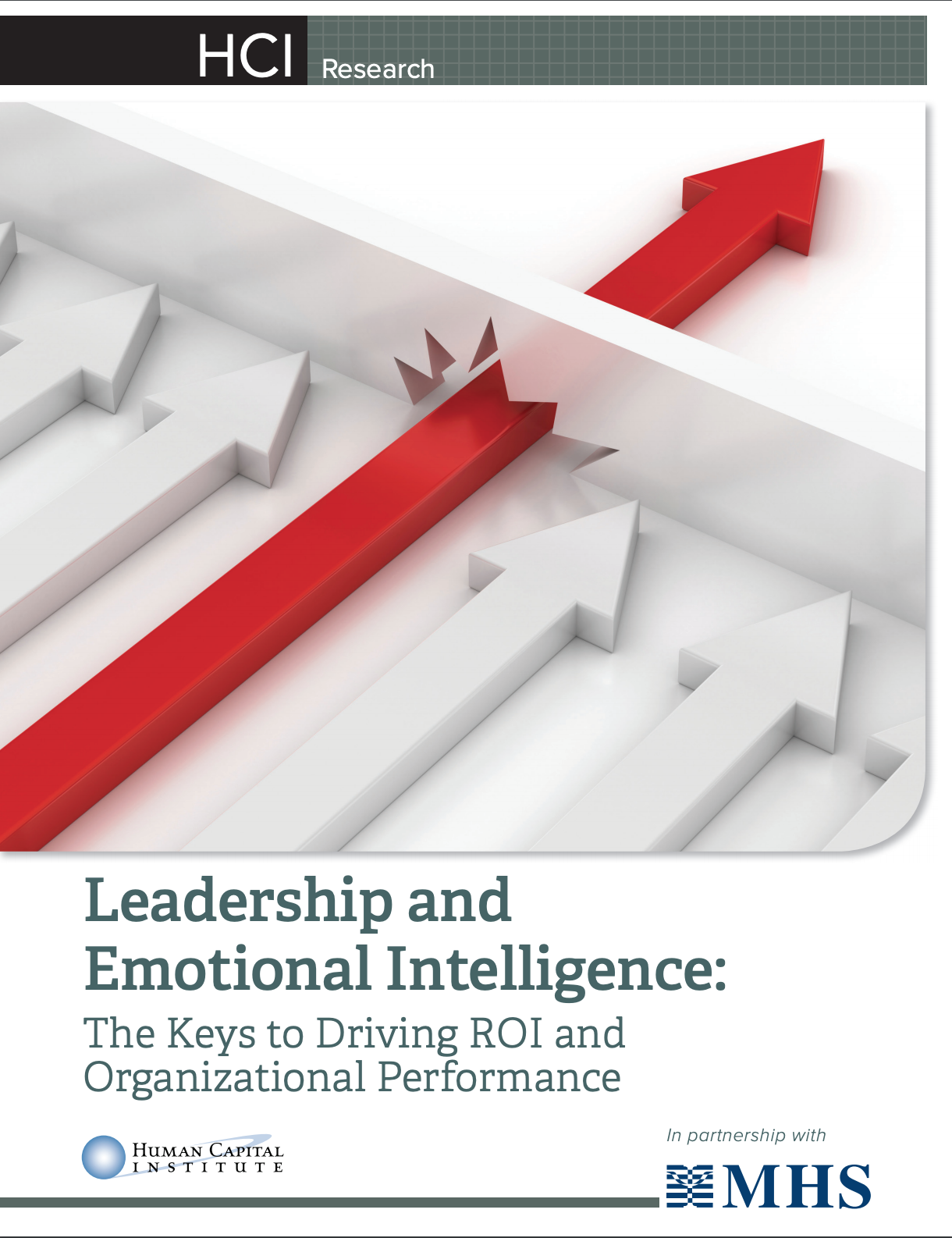
Emotional Intelligence (EQ)
“What builds great and sustainable organizations are leaders with a high degree of business acumen—specific skills, planning and control—and Emotional Intelligence—methods to keep people motivated and engaged. Leaders who have a sensitivity to relationships and do a good job of building relationships have something beyond business skills that help organizations succeed. They have highly developed, emotionally-intelligent behaviours.”
_Roger Pearman, Founder and CEO of Leadership Performance Systems
Emotional Intelligence (EI) is defined as “a set of emotional and social skills that influence the way we perceive and express ourselves, develop and maintain social relationships, cope with challenges, and use emotional information in an effective and meaningful way.” Emotional Intelligence as defined here and applied in the Emotional Quotient Inventory (EQ-i 2.0) reflects one’s overall well-being and ability to succeed in life.
It's important because, while emotional intelligence isn’t the sole predictor of human performance and development potential, it is proven to be a key indicator in these areas. Emotional intelligence is also not a static factor — to the contrary, one’s emotional intelligence can change over time and can be developed in targeted areas.
Emotional Intelligence Competencies
These features provide you with a snapshot of how your EI compares to that of other leaders and insight into your leadership strengths and potential areas for development. Your report examines your results on the EQ-i 2.0 through four key dimensions of leadership:
Authenticity: An authentic leader serves as a role model for moral and fair behaviour. A transparent approach commands esteem and confidence from employees.
Coaching: A leader who coaches effectively is seen as a mentor who supports employee growth. Employees are nurtured towards achieving their highest levels of performance.
Insight: A leader provides insight by sharing a purpose and hopeful vision for colleagues to follow. Employees are compelled and inspired to exceed goals.
Innovation: An innovative leader focuses on taking risks, spurring colleagues’ ingenuity and autonomous thought. Knowledge is valued and challenges are viewed as learning opportunities.
Benefits to Organizations
Click on the image bellow to download the PDF
The development potentials the EQ-i 2.0 identifies, along with the targeted strategies it provides, make it a highly effective employee development tool.
Employee development
The EQi.2 Leadership Report provides a detailed personal profile of current emotional intelligence skills
Provides a new understanding of how social and emotional skills can improve decision making and help to manage stress in the workplace
Uncovers facets of emotional intelligence to leverage, areas to development and strategies to achieve balance
Helps leaders to have more positive effects with their daily communication on all levels
Team development
Enriches understanding of skills within teams
Provides awareness of strengths and where team members are best optimized
Increases relationships through enhanced communications
Improves relationships and team productivity to achieve business results
Organizational success
Supports positive cultural growth and respect
Improves employee effectiveness developing their leadership and team capability
Identifies potential leadership qualities as part of the talent management process
A reliable screening tool in recruitment and selection process
“It wasn’t so long ago that business leaders were widely admired, even adulated. In the 1990s they were treated like rock stars…no doubt fuelled by a strong economy… These days that hierarchical model has ceased to be effective because it fails to motivate people, particularly younger generations. Today’s successful companies are filled with knowledge workers who don’t respond to hierarchical leadership.”
_ George, B. (2012). True north groups: A big idea for developing leaders. Leader to Leader






